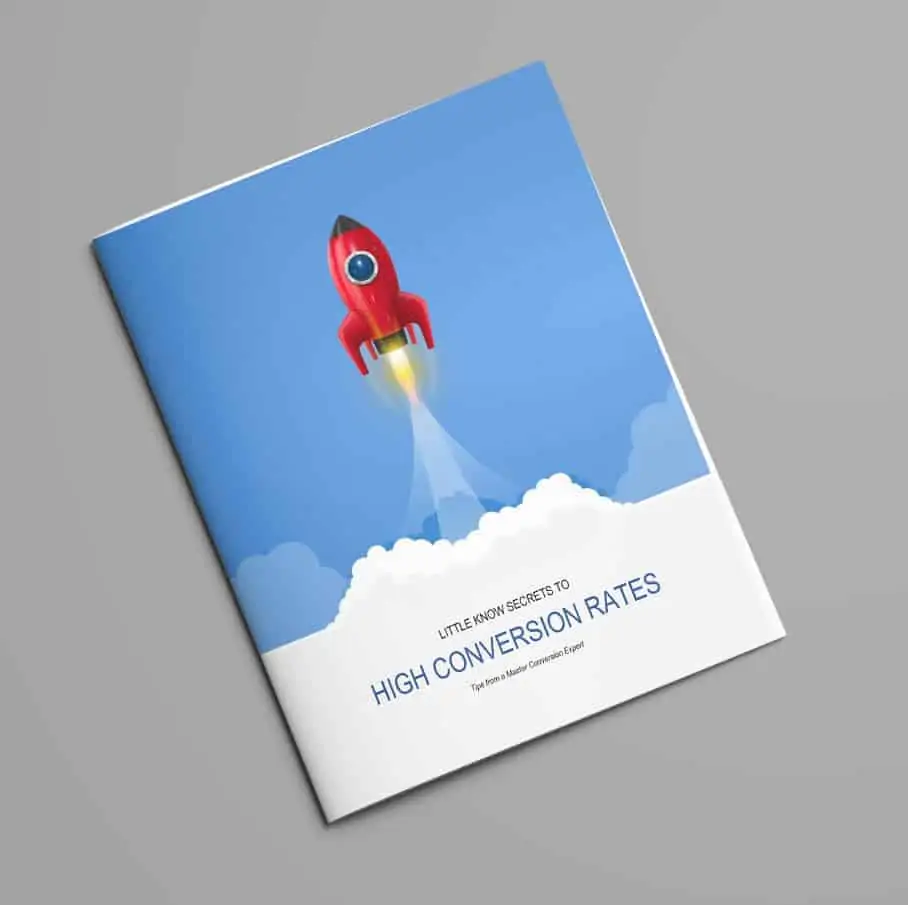The next time you conduct a search on Google or Bing, pay attention to what appears at the top and right-hand side of the first search engine results page (SERP) – see those links? While they might look similar to all the other search results, there’s one distinct difference – those links are part of a ‘paid search’ campaign such as Google AdWords or Bing Ads.
Each time a Internet user clicks on one of these pay-per-click (PPC) ads, the company placing the ad pays a fee – how much they pay is based on how much their keywords are worth.
Paid Search Trends
Internet marketers are continuing to confirm that PPC is gaining popularity. According to Search Engine Land, the 2014 third quarter reports from the both Google and Bing ; Google reported a 17 percent increase in ‘click volume’ over the 2013 Q3 results, while Bing Ads increased their revenue by 40 percent.
Why? Because PPC ads offer companies instant access to the top spots in SERPs, the place where 95% of all search engine users click through to websites from. When used as part of a solid Internet marketing strategy, paid search can dramatically boost click-thrus and conversion rates for website owners.
Keep An Eye On The Competition With Paid Search Analysis Tool
One of the most unique features of PPC marketing is the transparency it offers – there’s numerous tools available (both free and paid) that allow anyone to track keyword performance, monitor what companies are spending on keywords and track the number of Internet searches for a particular keyword or phrase.
SEO vs PPC
Some of the most common questions small-to-medium business owners have about pay-per-click marketing is how it compares to search engine optimization (SEO), and which traffic-generating strategy is better?
SEO is designed to boost organic (a.k.a. ‘free) search engine results, while PPC gives companies a pass to the front on the SERP line. In reality, PPC and SEO should work in conjunction to maximize conversion rates; the paid search drives more traffic to a website, while good SEO practices engage site visitors and encourage them to take the desired action (such as make a purchase, contact for information or sign up for email alerts).
The Pitfalls of Paid Search
Like all forms of marketing, paid search marketing isn’t entirely foolproof. Here are some of the risks and variables that need to be managed in any PPC campaign:
- Keyword bidding wars. As PPC continues to gain favor among Internet marketers, the number of ‘bidding wars’ for keywords is likely to rise as well, creating a competitive environment where companies might be tempted to overpay for their keywords.
- PPC campaigns are deceptively easy to set up (but challenging to manage). Paid search is a significant source of revenue for search engines – that’s why Google and Bing make it really easy for users to launch a PPC campaign, however, effective management of PPC campaigns requires a significant amount of knowledge, skill and work.
- Click fraud. Unscrupulous companies have been known to practice ‘click fraud’ by hiring cut-rate offshore virtual workers to repeatedly click on their competitors’ ads simply to drive up the cost of keywords.
When used as part of a comprehensive Internet marketing strategy, PPC/Paid Search can be a highly effective technique for companies that want to drive traffic to their site and increase their conversion rates.
For pricing on PPC Management, check our calculator. To learn more about how a managed PPC campaign can deliver a positive ROI for your business, call or contact us today.





